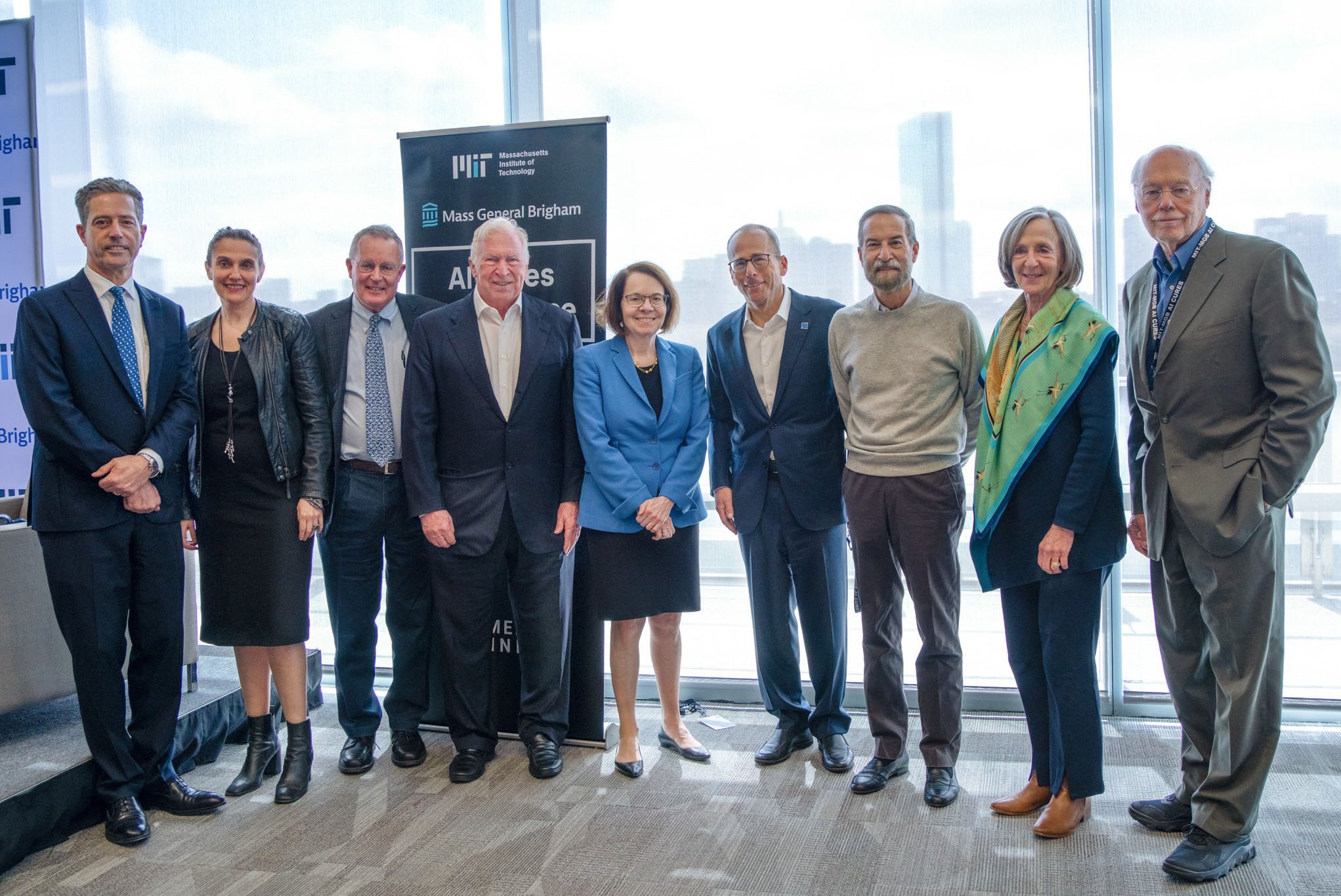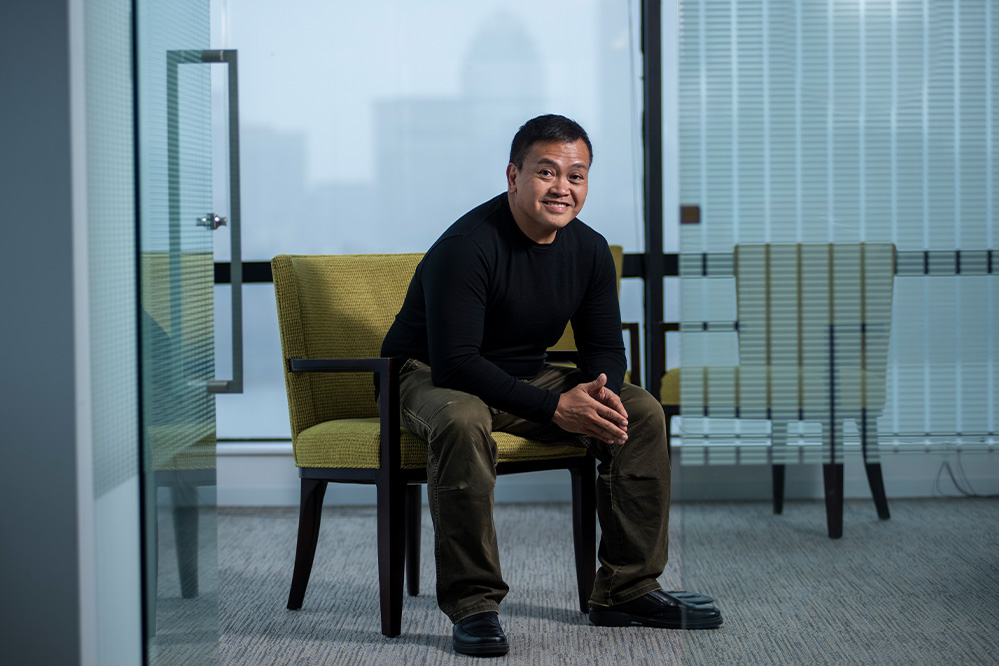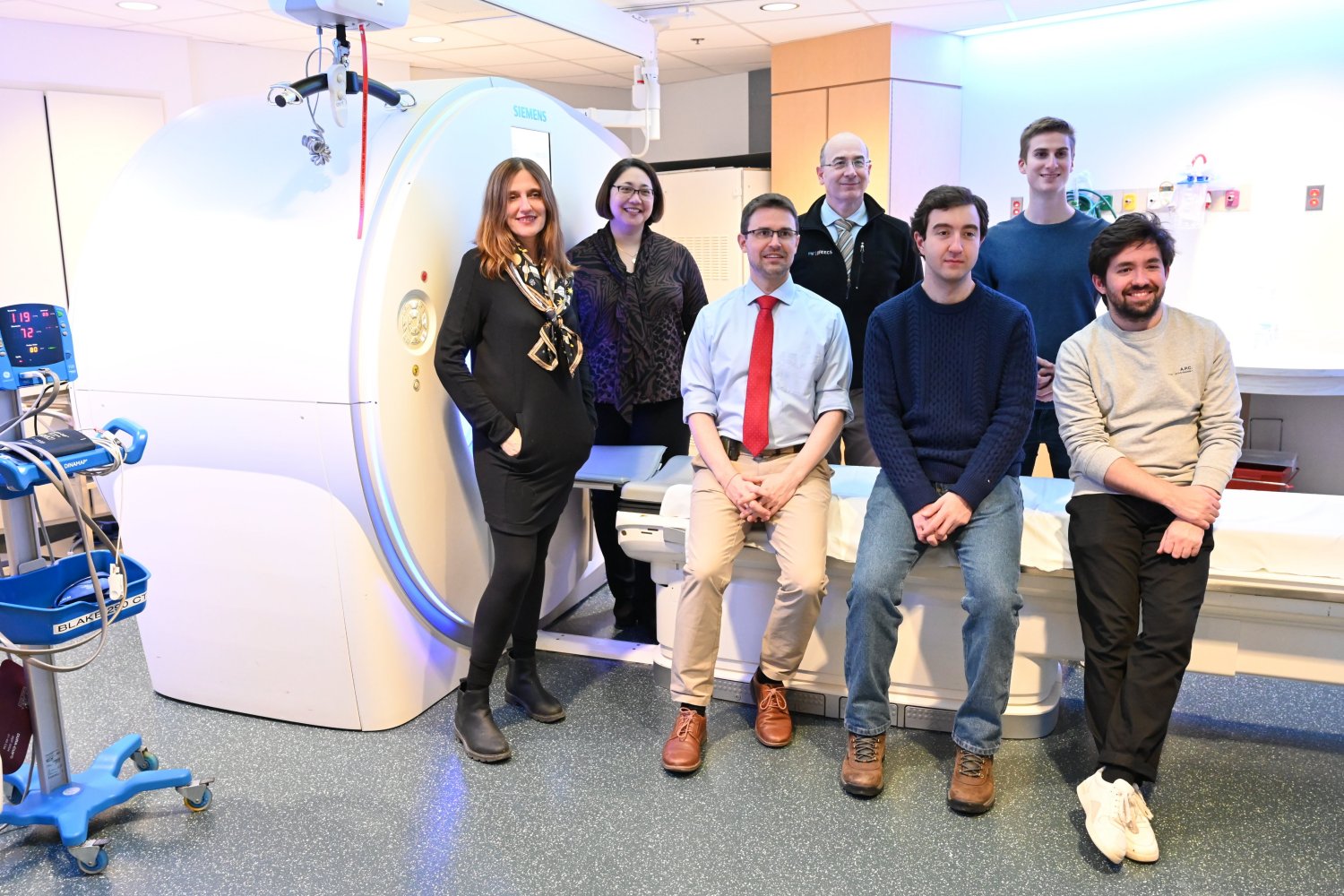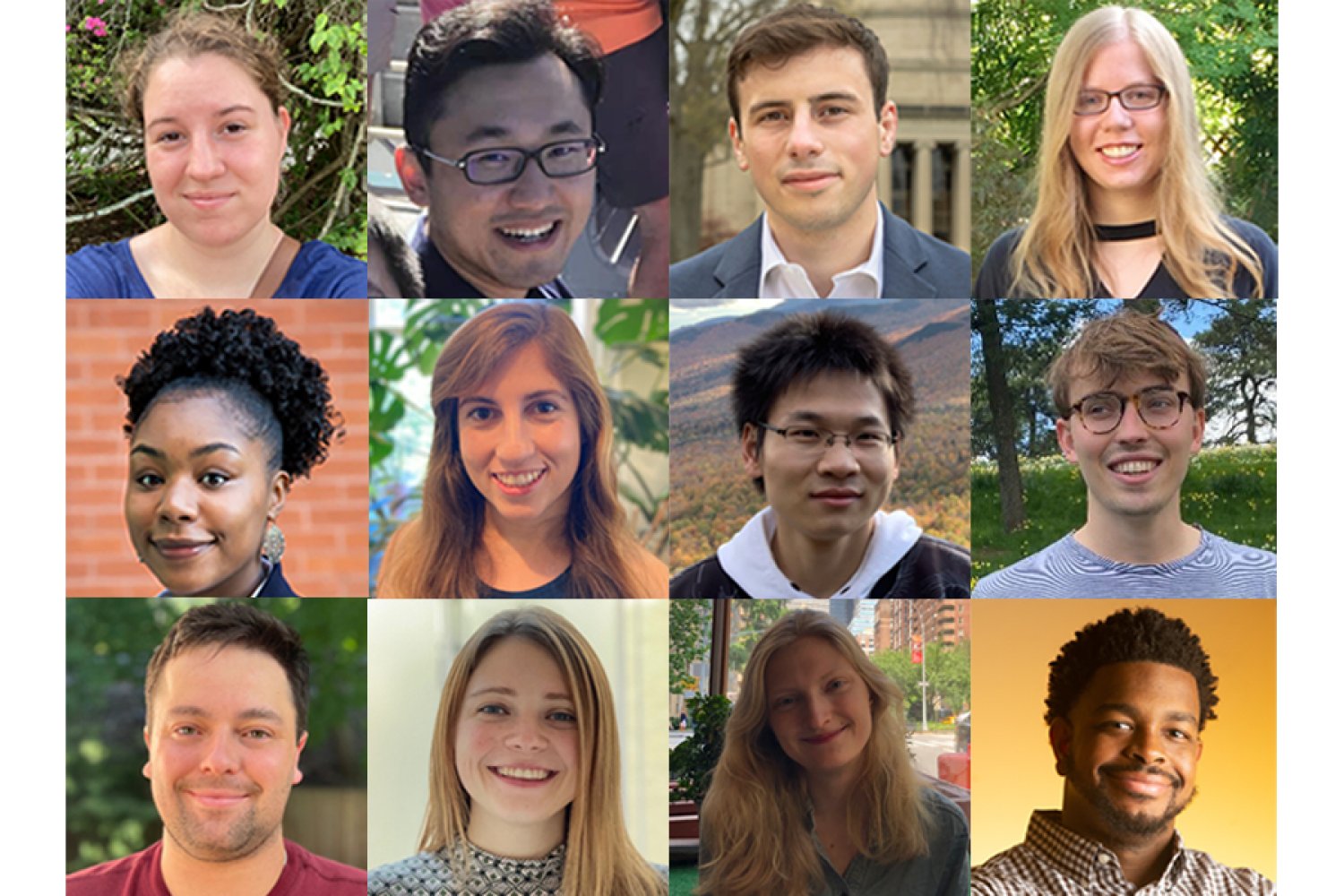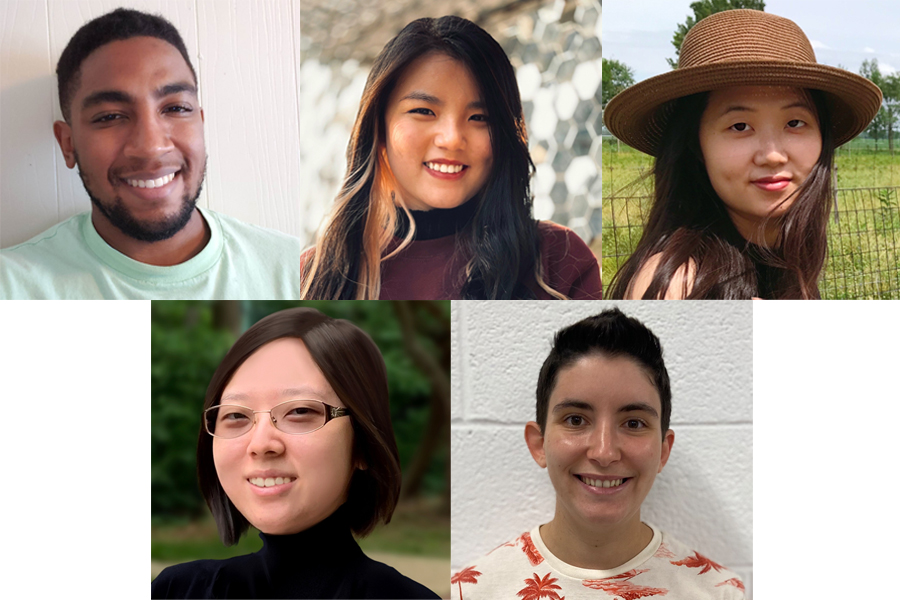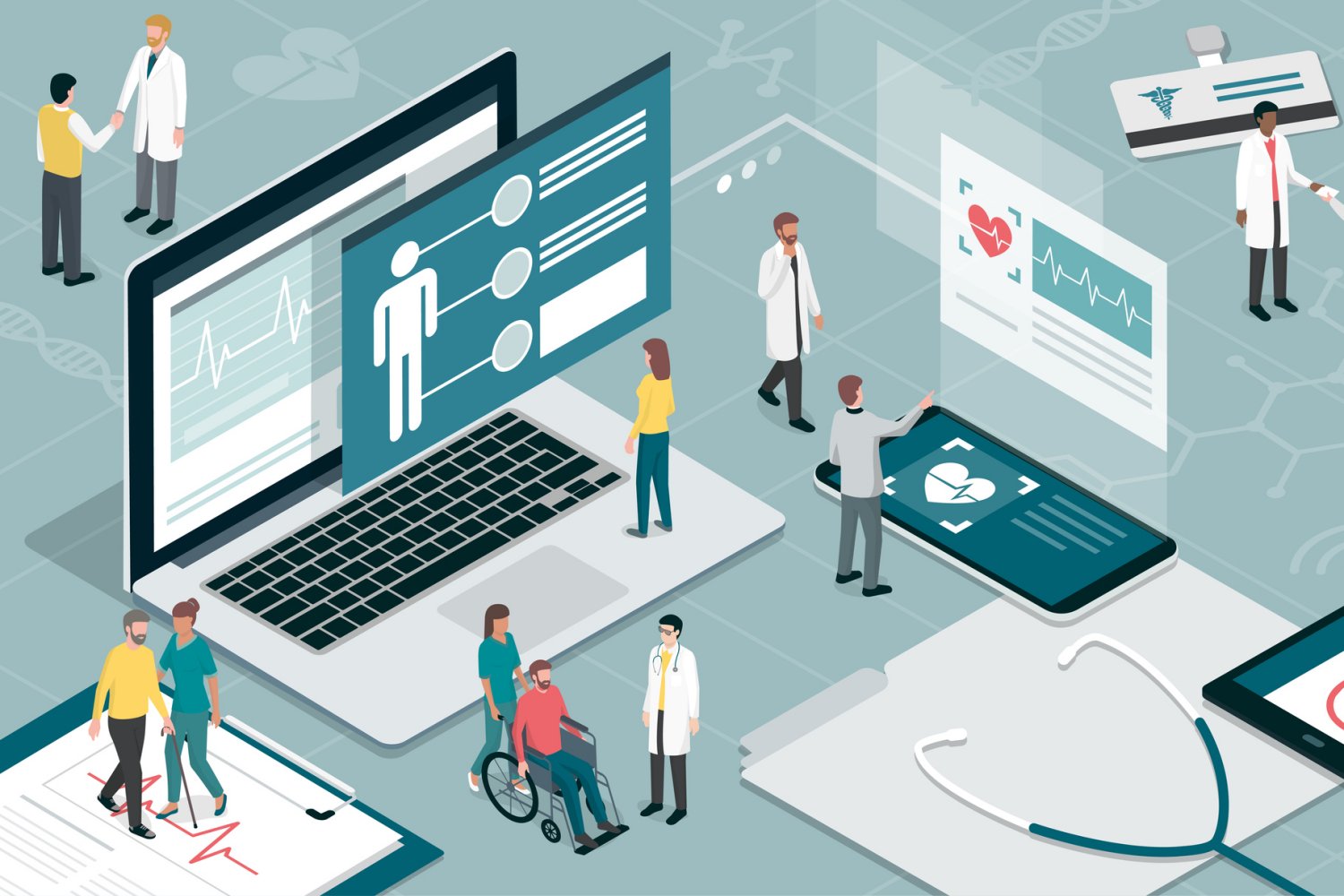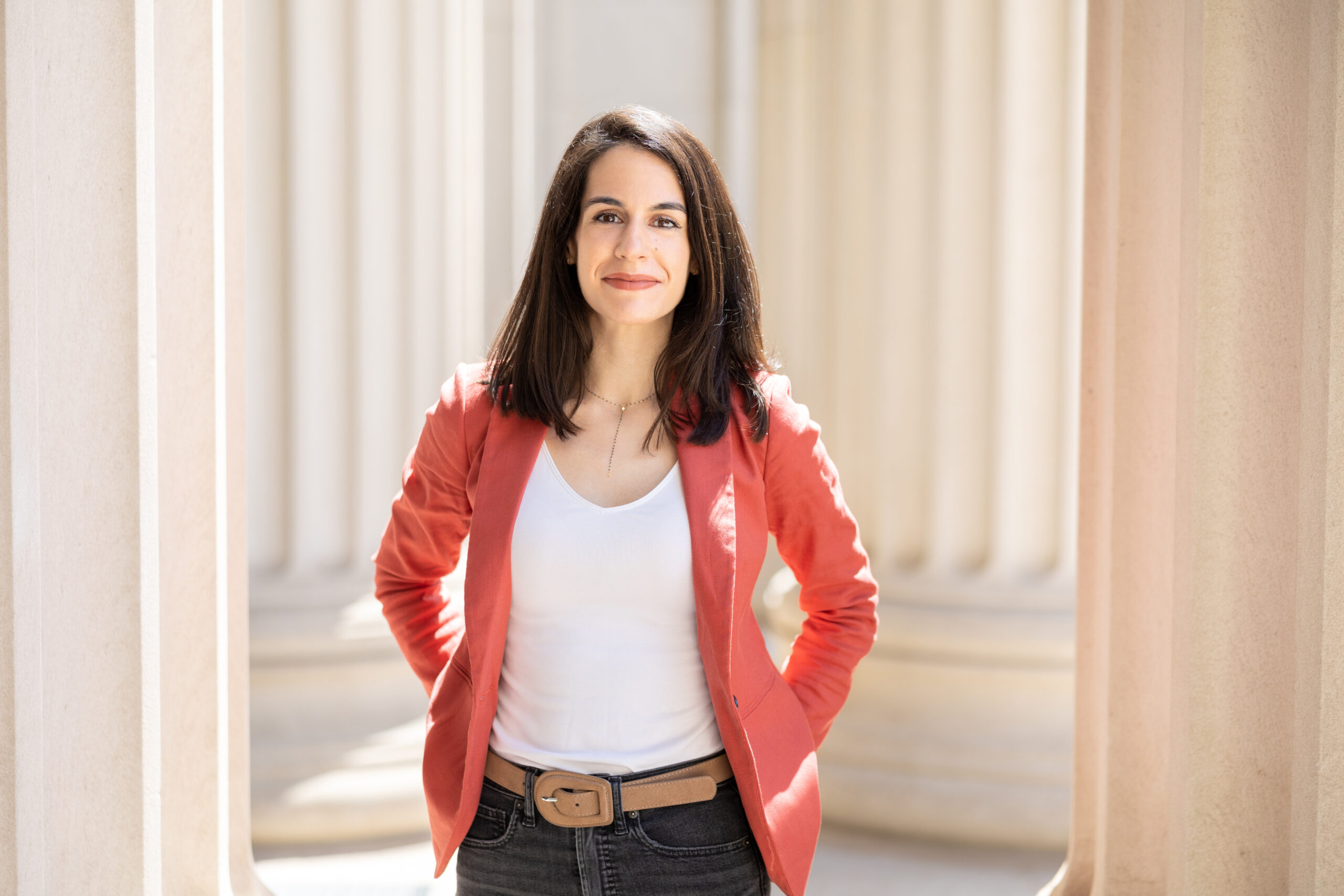2023-24 Takeda Fellows: Advancing research at the intersection of AI and health
The School of Engineering has selected 13 new Takeda Fellows for the 2023-24 academic year. With support from Takeda, the graduate students will conduct pathbreaking research ranging from remote health monitoring for virtual clinical trials to ingestible devices for at-home, …

